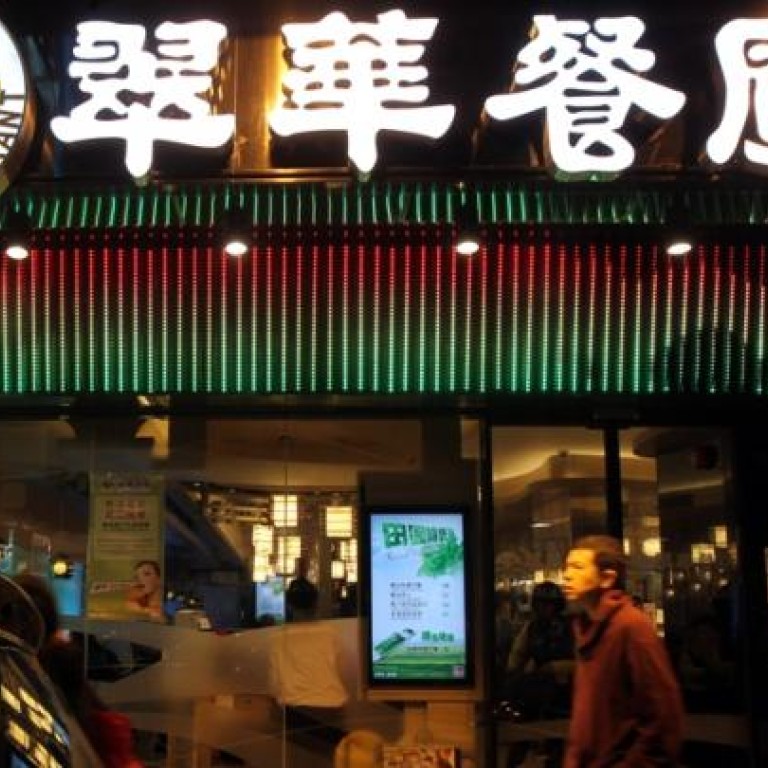
What analysts won't tell you about selling out of a stock
Investing in equities is all about timing, so why do most banks say so little about when to exit - and what does a 'hold' rating really mean?
In the stock market, there is a widely acknowledged principle: it's more important for investors to know when to sell than when to buy because you can only secure your profits when you sell.
As a financial journalist, I often get a dozen research reports in a single day from various investment banks that want to recommend this or that stock. One thing that those investment banks have in common is that they all keep telling you to buy a stock, but very few of them will later remind you when to sell.
Some may argue that we should listen to what the mainland's securities regulator often talks about: being a long-term investor in China's stock market. But how long is long?
Have you heard of any major investment bank in the past few years that's ever told its clients to sell big Hong Kong- or Shanghai-listed Chinese state-owned enterprises amid an obvious downtrend in their profit growth?
In principle, there is a so-called Chinese wall at investment banks to isolate research teams from business departments to avoid potential conflicts of interest. But principle is one thing and practice is another.
In the real world, most bankers I know will acknowledge privately that such a Chinese wall is more or less ineffective as research teams are often considered a cost to banks, while business departments are regarded as revenue generators that pay the bills and the salaries of researchers.
In a realistic capitalist world, does this make a lot of sense?
We still have a few exceptions. About two weeks ago, my colleagues and I were somewhat surprised to see Deutsche Bank put a "sell" rating on Tsui Wah, the well-known local restaurant chain operator that recently went public in Hong Kong, citing slower-than-expected business growth and expansion as concerns. Deutsche was one of the banks that helped Tsui Wah to list, and of course it recommended clients to buy in the early days of its high-profile Hong Kong IPO.
Haitong Securities recently put a "sell" rating on Li Ning, a major Hong Kong-listed mainland sportswear maker and retailer, right after the release of its 2012 results, which it warned were "worse than expected".
Many mainland investment banks ask their analysts to avoid putting a "sell" rating on the companies they research, unless the companies are on the brink of bankruptcy.
But investors are not stupid. It is an open secret in the industry that a "hold" rating from many mainland banks means de facto "sell", and you can tell the sentiment around a stock from the negative lines in the research report. Many ambiguous reports are playing the art of words these days.
Perhaps the next time you are approached by a salesperson from an investment bank who tries to recommend a stock or IPO, ask him or her if the bank has ever tried putting a "sell" rating on any stock. That may be a more effective way to examine what its Chinese wall looks like.
And for the record, we journalists also have our Chinese wall. The CEO of the will not come to me and request that I please write a nice story about this or that company.

